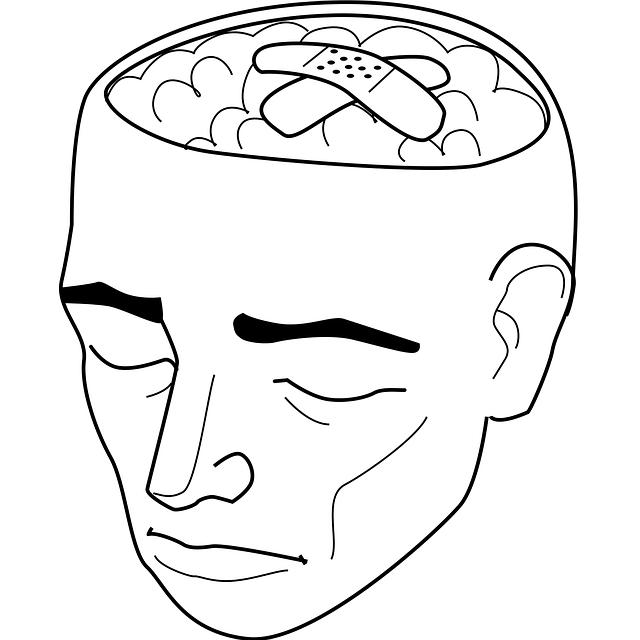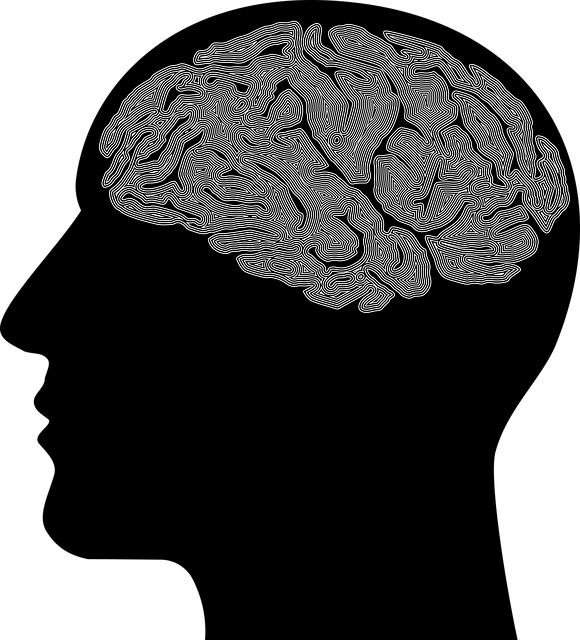Englewood Adolescent and Teen Therapy offers a holistic approach to addressing substance abuse in teens by identifying and treating underlying mental health issues through evidence-based practices like cognitive-behavioral therapy (CBT) and risk assessment. They emphasize cultural sensitivity training for healthcare providers, mindfulness exercises, and healthy social connection building to empower teens with lifelong coping skills. Post-intervention support, including Mental Wellness Journaling Exercise, is crucial for long-term recovery, focusing on self-care routines, inner strength, and understanding triggers to prevent relapse. Englewood Adolescent and Teen Therapy's comprehensive strategy integrates these practices to enhance mental wellness and foster resilience in teens struggling with substance abuse.
“Englewood Adolescent and Teen Therapy explores comprehensive risk reduction strategies for substance abuse, a pressing concern among youth. This article delves into understanding the underlying causes of substance misuse in adolescents, highlighting critical factors such as peer pressure, mental health issues, and family history. We present evidence-based prevention and intervention methods proven effective in clinical settings. Additionally, we emphasize post-intervention support systems essential for fostering long-term recovery and building resilience among at-risk teens.”
- Understanding the Root Causes of Substance Abuse in Adolescents
- Evidence-Based Strategies for Prevention and Intervention
- Post-Intervention Support: Cultivating Long-Term Recovery and Resiliency
Understanding the Root Causes of Substance Abuse in Adolescents

Substance abuse among adolescents is a complex issue that often stems from underlying mental health concerns and environmental factors. Englewood Adolescent and Teen Therapy highlights the importance of understanding these root causes to effectively prevent and treat substance misuse. Many teenagers turn to drugs or alcohol as a coping mechanism for stress, anxiety, depression, or trauma. Identifying and addressing these mental health issues early on can significantly reduce the risk of substance abuse.
Cultural sensitivity in mental healthcare practice plays a crucial role in this context. Healthcare provider cultural competency training equips professionals with the skills to recognize and respect diverse cultural beliefs and backgrounds, ensuring that adolescent patients receive tailored support. By incorporating Mental Health Awareness initiatives and sensitive approaches, therapists can foster trust and encourage open communication, which is vital for identifying and addressing substance abuse risks before they escalate.
Evidence-Based Strategies for Prevention and Intervention

Englewood Adolescent and Teen Therapy offers a range of evidence-based strategies to prevent and intervene in substance abuse. These methods are designed to strengthen resilience, promote emotional well-being, and foster healthier coping mechanisms among young individuals. One such strategy is cognitive-behavioral therapy (CBT), which helps identify and change negative thought patterns contributing to substance misuse. CBT provides adolescents with tools to manage stress, enhance decision-making skills, and build confidence in resisting peer pressure.
Additionally, risk assessment plays a crucial role in early intervention. Mental health professionals utilize standardized tools to evaluate an individual’s vulnerability to substance abuse, enabling them to offer tailored support. By integrating emotional well-being promotion techniques, therapists guide teens through stress management practices, mindfulness exercises, and healthy social connection building. These proactive measures not only reduce the risk of substance abuse but also empower adolescents with lifelong skills for navigating challenging situations.
Post-Intervention Support: Cultivating Long-Term Recovery and Resiliency

Post-intervention support is a critical component in cultivating long-term recovery and resilience among individuals who have struggled with substance abuse. At Englewood Adolescent and Teen Therapy, we understand that the journey to sobriety is ongoing, and our dedicated therapists work closely with clients to navigate the challenges that may arise after formal treatment ends. This includes providing guidance on implementing effective self-care routines for better mental health, fostering inner strength development, and promoting healthy coping mechanisms.
One powerful tool in this process is Mental Wellness Journaling Exercise. Encourage clients to reflect upon their experiences, emotions, and triggers through regular journaling can help them identify patterns, gain insights into their behaviors, and develop strategies to manage cravings and prevent relapse. By integrating these practices into their daily lives, individuals build resilience, enhance their mental wellness, and cultivate a deeper understanding of themselves—all essential components for sustaining long-term recovery.
Substance abuse among adolescents is a complex issue, but with comprehensive strategies in place, we can significantly reduce risks. By understanding the root causes, implementing evidence-based prevention and intervention tactics, and providing robust post-intervention support, as exemplified by Englewood Adolescent and Teen Therapy, we foster long-term recovery and resilience. These strategies are crucial steps towards creating a healthier future for our youth.














